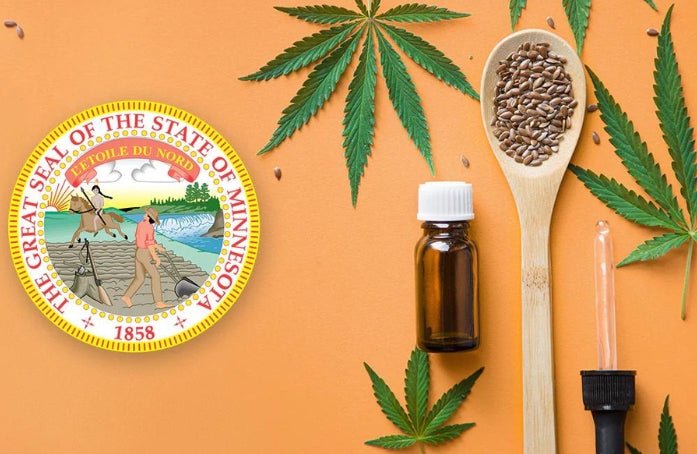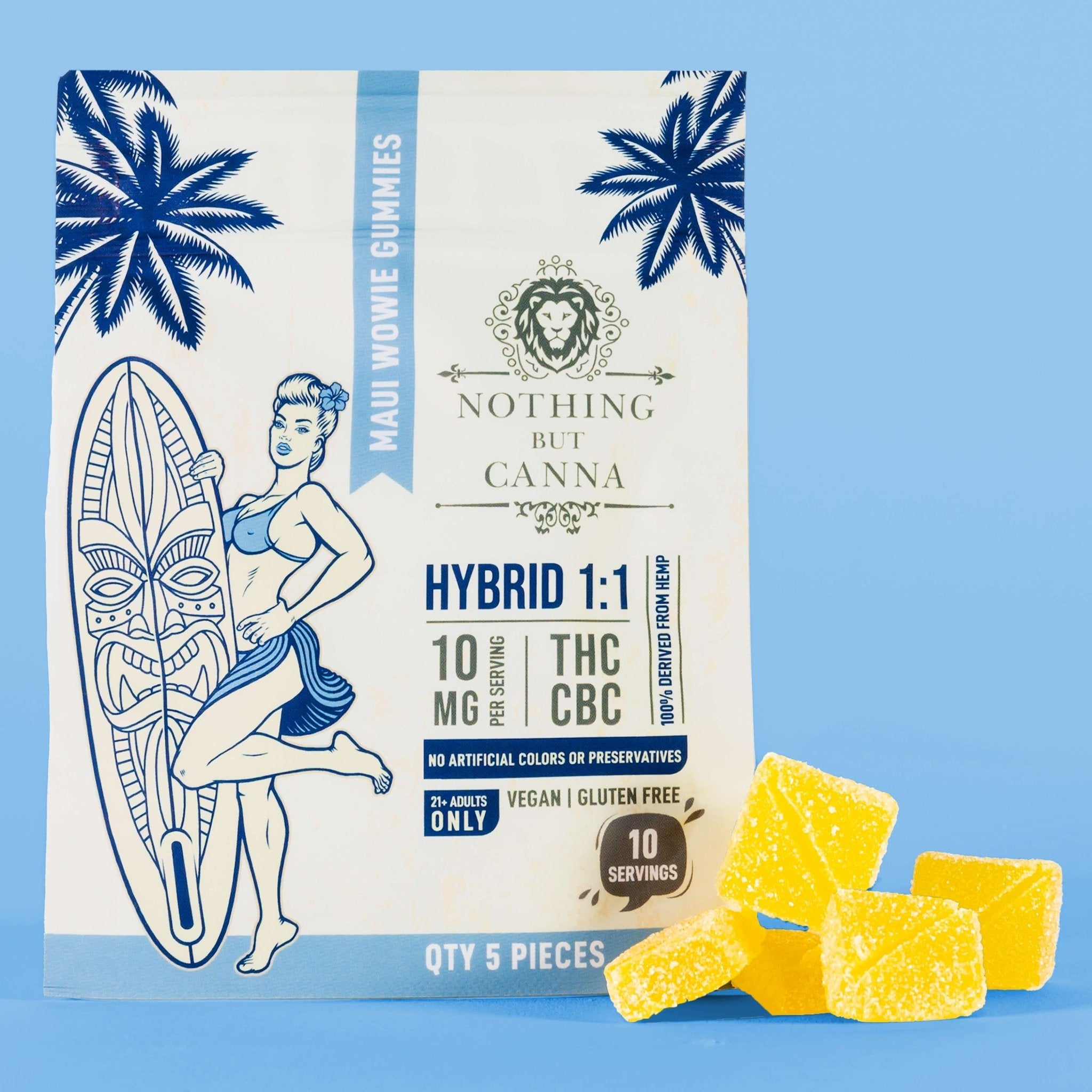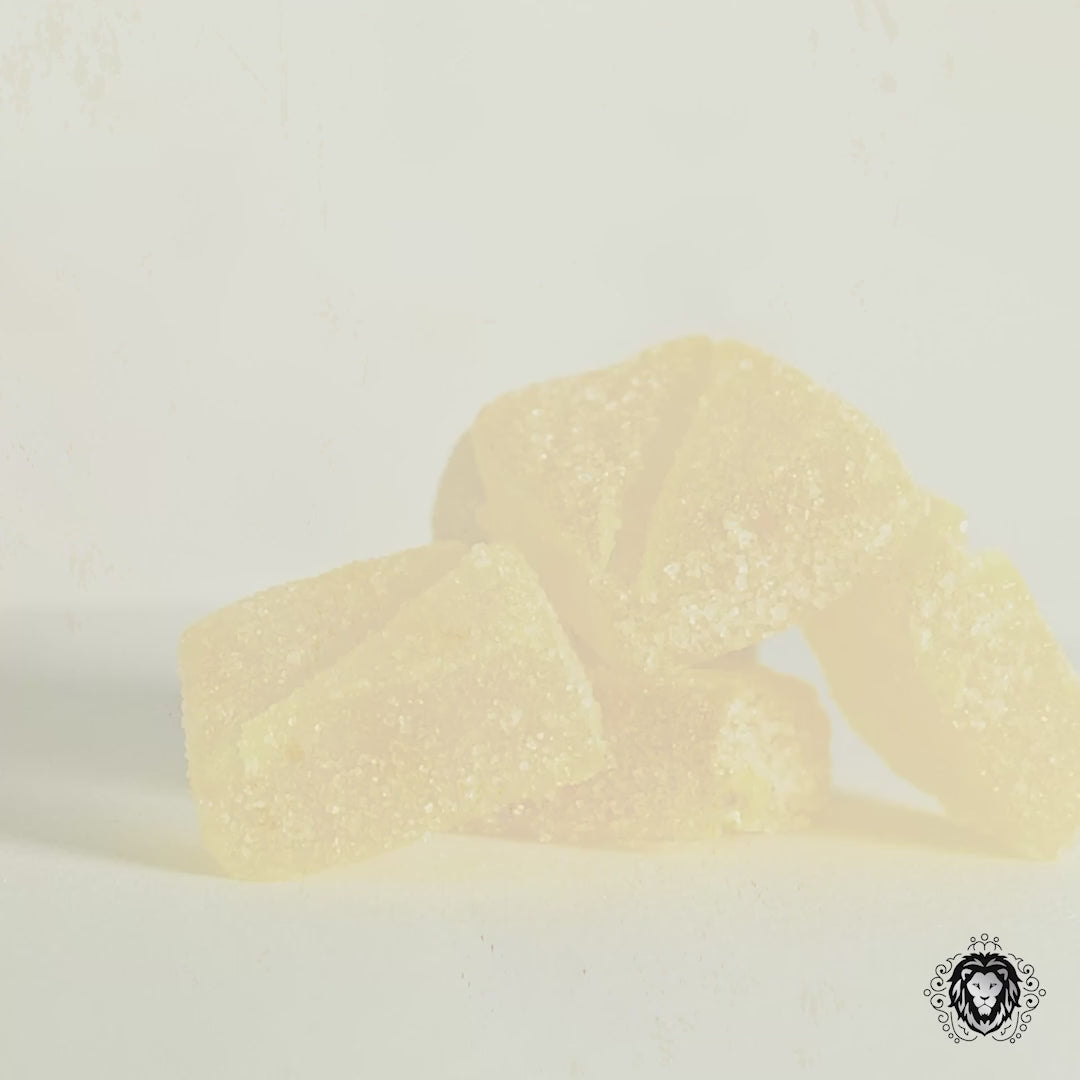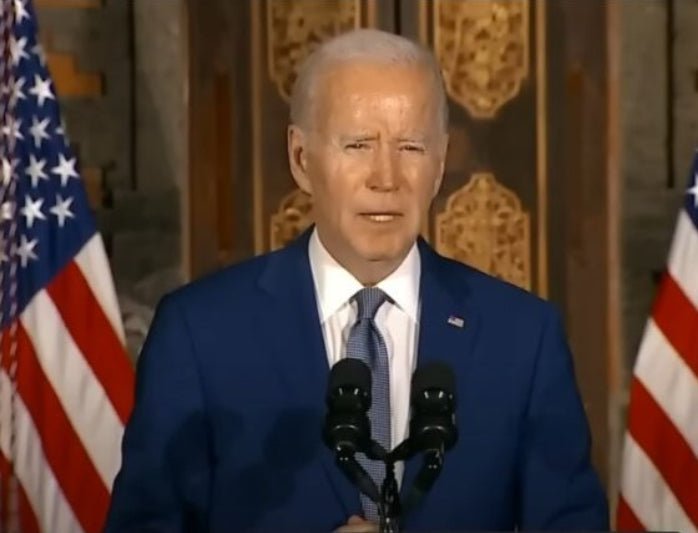The state's newly inked adult-use marijuana statute also provides legal protection for manufacturers and sellers of the controversial hemp-based cannabinoids.

When Governor Tim Walz (DFL) added his signature to Minnesota's adult-use cannabis legalization bill last week, he not only made his home state the 23rd to legalize recreational marijuana sales to adults 21 and older in the United States but also gave his executive approval to several other essential provisions, particularly for the Minnesota hemp industry.
Most notable among those additional stipulations, according to numerous local and national media outlets, is the legalization of high-producing delta-8 and delta-9 THC derived from industrial hemp. Along with making the controversial hemp derivatives legal, the new law will also allow products containing the variants to be widely available to consumers in Minnesota.
The low-dose product offerings, created in a concentrated form by chemically manipulating CBD produced from hemp flowers in a laboratory, are preferred by some consumers as an alternative to cannabis, which contains naturally higher levels of delta-9 THC.
The question of what to do about synthetic compounds like delta-8 and delta-9 THC resulted from some unintended consequences created by the passage of the 2018 Farm Bill. That seminal legislation is a critical mainstay for a litany of federal programs ranging from SNAP (Food Stamps) to initiatives designed to develop and grow America's ever-changing and critical agricultural sector.
The $800 billion-plus spending package made history by removing hemp from the Controlled Substances List and enabled farmers to legally cultivate the plant for the first time in over a hundred years. It also allowed aspiring hemp entrepreneurs to develop innovative hemp-based products to sell to the consuming American public.
However, the bill did little to provide regulatory guidance for agencies like the U.S. Food and Drug Administration (FDA), which is reluctantly and somewhat abrasively charged with developing health and safety guidelines for hemp products like CBD. Frustrated and beleaguered by demands from the hemp industry to approve CBD and other hemp-derived additives as food and dietary supplements, this past January, the regulatory agency sent a letter to Congress effectively washing its hands of establishing regulations for the hemp-derived cannabinoids.
The agency said there needed to be more information about the safety of CBD products to properly regulate them as foods or supplements under the FDA's current structure. Likewise, the letter stipulated that Congressional leaders must determine if CBD and other hemp-derived cannabinoids are inherently legal before the agency can formulate a regulatory framework for establishing safety and compliance protocols.
As a result of the legal stalemate between the FDA and Congress on what to do with items like delta-8 and delta-9 THC, the lion's share of the responsibility has fallen to individual states. Cases involving underage minors becoming ill due to consuming edible gummies containing delta-8 THC, as well as a particularly tragic incident where a Virginia toddler died after ingesting similar items, prompted many states to take legal action.
Minnesota's approach is being heralded as appropriate and progressive by hemp industry advocates and stakeholders. By legalizing the synthetic compounds, Minnesota has positioned itself as somewhat of a maverick outlier, considering many other states in the U.S. are enacting legislation to either severely restrict hemp-derived cannabinoids or ban them altogether.
The new law only allows for edible products like gummies, other edibles, and drinks, but no smokable items. Furthermore, it also explicitly prohibits other psychoactive hemp derivatives, like HHC, THC-P and THC-O.
Under the statute, synthetic delta-8 and delta-9 THC products can be sold at more than just cannabis dispensaries, including liquor stores, retail outlets, restaurants and taprooms. Likewise, these products will also be allowed to be sold out of state.
According to Jen Randolph Reise, Head of Business and Cannabis Law at Minneapolis-based North Star Law Group, a large assortment of hemp-derived THC products containing synthetic delta-9 has already been launched by craft breweries and distilleries and fast-moving entrepreneurs in the state.
In a recent interview, Reise said, "Minnesota has proven that producers can create, and consumers are eager to buy, products based on hemp-derived THC. Minnesota's thriving industry in low-dose, hemp-derived beverages and edibles is an experiment relevant for the rest of the country."
"Minnesota has proven that producers can create, and consumers are eager to buy, products based on hemp-derived THC. Minnesota's thriving industry in low-dose, hemp-derived beverages and edibles is an experiment relevant for the rest of the country."
- Jen Randolph Reise, Head of Business and Cannabis Law at North Star Law Group
The legalization statute will also significantly reduce compliance costs for producers and enable them to clear other obstacles like easing rules for banking and financial transactions. For example, Minnesota customers can now use credit cards to purchase marijuana products.
"With Minnesota having approved full legalization, some producers plan to apply for licenses to move into the adult-use market. But some will stay in the hemp-derived market, as it offers significant advantages due to hemp being federally legal," Reise said.
"With Minnesota having approved full legalization, some producers plan to apply for licenses to move into the adult-use market. But some will stay in the hemp-derived market, as it offers significant advantages due to hemp being federally legal."
- Jen Randolph Reise, Head of Business and Cannabis Law at North Star Law Group
Despite the positive vibes emanating from the new law's unique and aggressive inclusion of hemp synthetics, Minnesota may have some legal headaches concerning its approach ahead. With the U.S. Drug Enforcement Administration (DEA) recently indicating its intention to ban highly concentrated synthetic THC products because they fail to meet the federal definition of hemp and are therefore controlled substances, the Minnesota law could end up clashing with federal policy.
For now, lawmakers, the Governor, and the Minnesota hemp industry feel confident that their approach will prevail and could even be a future template for other states contemplating legalization initiatives. Furthermore, with the Farm Bill coming up for renewal this year, Congress could provide some much-needed guidance and leadership concerning the legal and regulatory future of hemp and its natural and synthetic progeny. Summer is the season of growth. Here's to continued abundance and expansion in the world of hemp, organically and legally.







































